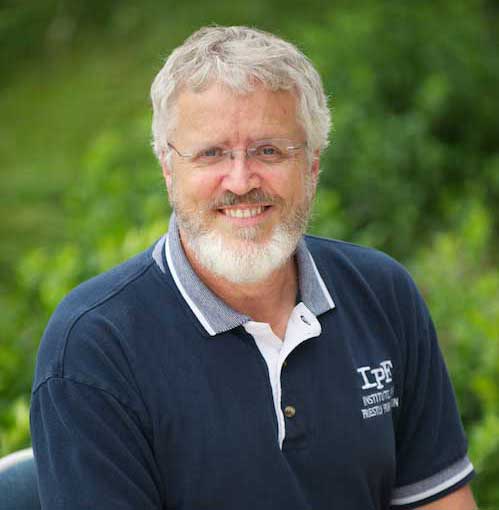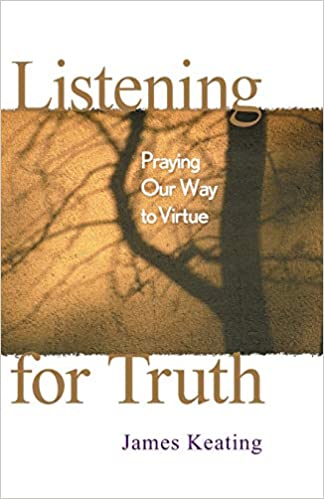Podcast: Play in new window | Download (Duration: 24:50 — 17.2MB) | Embed
Subscribe: Apple Podcasts | Spotify | Amazon Music | Android | Pandora | iHeartRadio | JioSaavn | Podchaser | Gaana | Podcast Index | Email | TuneIn | Deezer | Anghami | RSS | More

Episode 3: Purgatory – Salvation Begins Now: Last Things First
Deacon James Keating and Kris McGregor discuss the nature of purgatory, referencing saints’ mystical experiences to explore purification, suffering, and holiness. Saints like St. Catherine of Genoa offer images of purgatory that allow us to meditate on sin’s disruptive nature to the Body of Christ. This purification isn’t bound by time as we know it; rather, it’s a timeless encounter with Jesus’ love that cleanses us from the effects of sin.
There are common misconceptions, such as contrasting physical suffering with the profound, and that relational pain causes isolation from God and others. This relational suffering, which stems from choices that cut us off from communion, parallels the purgatorial experience, calling us toward God for healing. Purgatory is less about physical torment and more about the agony of purification needed to restore our identity in God’s love.
The sacrament of reconciliation is a profound opportunity to undergo purification on earth, preparing us for communion with God. True confession requires courage, as it involves confronting our sins and vulnerabilities openly with God, who meets us with unconditional mercy.
Discerning Hearts Reflection Questions
- Understanding Purgatory’s Purpose – How does viewing purgatory as a relational purification rather than a physical torment change your understanding of its purpose?
- Contemplating the Impact of Sin – Reflect on how even “small” sins disrupt the harmony of the Body of Christ and affect your own spiritual health.
- Identifying Relational Pain – In what ways have feelings of isolation or confusion about your identity impacted your relationship with God and others?
- Embracing the Sacrament of Reconciliation – How might regularly participating in the sacrament of reconciliation deepen your experience of God’s mercy and freedom?
- Confronting Fear of Truth – What specific fears or rationalizations have kept you from fully admitting your sins to God in the sacrament of confession?
- Learning from the Saints – Who in your life exemplifies holiness, and how can you look to them as a guide toward surrender and abandonment to God?
- Trusting in God Through Suffering – How can embracing Christ’s Sacred Heart help you surrender fears about suffering or death and experience God’s peace?
- Striving for Earthly Holiness – What steps can you take to start your purification process on earth, inspired by the examples of saints like Mother Teresa and St. John Paul II?
From the Catechism of the Catholic Church:
“1030 All who die in God’s grace and friendship, but still imperfectly purified, are indeed assured of their eternal salvation; but after death they undergo purification, so as to achieve the holiness necessary to enter the joy of heaven.”
Deacon James Keating, Ph.D., is a professor of Spiritual Theology and serves as a spiritual director at Kenrick Glennon Seminary in St. Louis, MO. 




